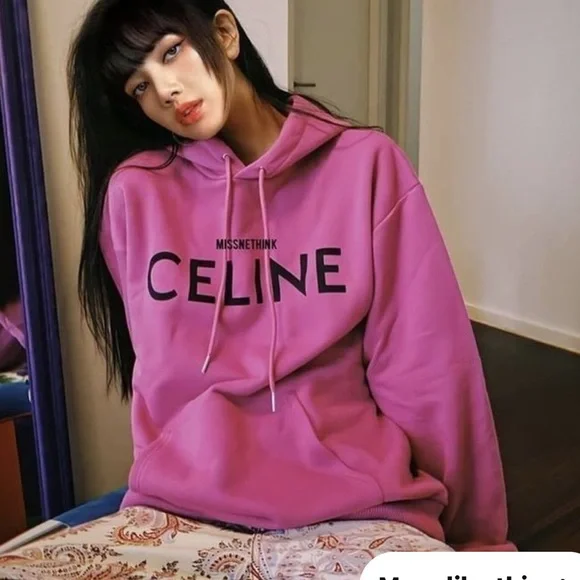The Traditional Runway: A Brief Retrospective
In the ever-evolving world of fashion, Visit now https://superhoodieofficial.com/ the dynamics of Fashion Weeks are undergoing a transformative journey. This article delves into the significant shifts and innovations that are shaping the future landscape of these iconic events.
Fashion Weeks have long been the epitome of glamour and style, showcasing the latest designs and trends on traditional runways. However, with the digital age and changing consumer behaviors, the fashion industry is witnessing a seismic shift.
Embracing Virtual Realities
In recent years, the integration of technology has given rise to virtual fashion shows. Brands are increasingly leveraging immersive experiences, allowing audiences worldwide to witness the spectacle from the comfort of their homes. This paradigm shift not only enhances accessibility but also opens new avenues for global engagement.
Interactive Experiences and 360-Degree Views
Virtual Fashion Weeks are not just about streaming runway walks. They are becoming interactive experiences, offering 360-degree views of garments and behind-the-scenes glimpses. This digital evolution brings fashion enthusiasts closer to the creative process, fostering a deeper connection between designers and consumers.
Sustainability Takes Center Stage
As the world grapples with environmental concerns, the fashion industry is responding by prioritizing sustainability. Fashion Weeks are becoming platforms to showcase eco-friendly practices, from materials used in designs to sustainable production processes. This commitment to green initiatives resonates with an increasingly eco-conscious consumer base.
Virtual Fashion’s Environmental Impact
While virtual fashion shows reduce the carbon footprint associated with physical events, there are discussions about the environmental impact of digital fashion. Balancing the allure of virtual experiences with sustainable practices remains a challenge that the industry is actively addressing.
Redefining Beauty Standards
Fashion Weeks are breaking traditional beauty norms, embracing diversity in models and designs. The industry is moving towards a more inclusive representation of body types, ethnicities, and genders. This shift not only reflects societal changes but also resonates positively with consumers who seek relatability in fashion.
Technology as an Enabler of Inclusivity
Virtual Fashion Weeks, in particular, have become a catalyst for inclusivity. The digital realm allows for broader representation and eliminates geographical barriers. Designers are using technology to celebrate diverse cultures, creating collections that resonate with a global audience.
Social Media as a Runway
In the digital age, social media has become a powerful tool for shaping trends and influencing consumer behavior. Fashion Weeks are leveraging platforms like Instagram, TikTok, and Twitter to extend their reach beyond the confines of physical events. Social media influencers and celebrities play a pivotal role in amplifying the impact of these shows.
The Rise of Shoppertainment
Shoppable runways are becoming a trend, allowing consumers to purchase showcased items in real-time. This convergence of entertainment and commerce, termed “shoppertainment,” is reshaping the way audiences engage with Fashion Weeks, turning passive viewers into active participants.
Conclusion:
The future of Fashion Weeks is marked by a convergence of technology, sustainability, inclusivity, and the influential role of social media. The industry’s ability to adapt to these changes will determine its success in staying relevant and captivating a diverse and discerning audience.




